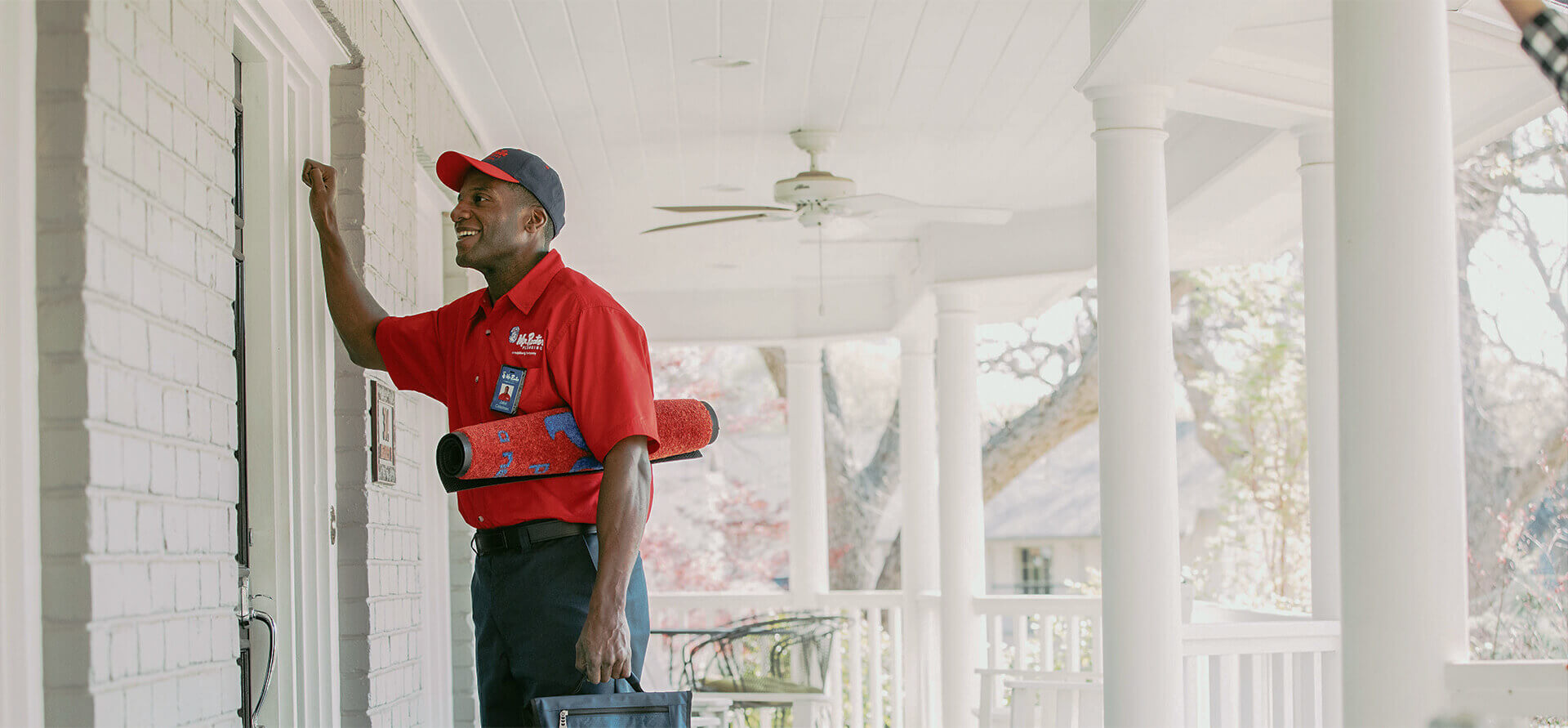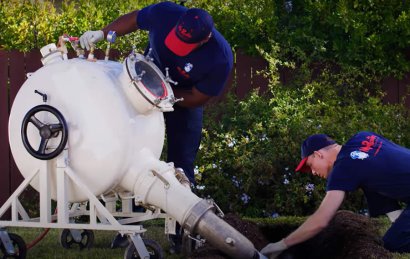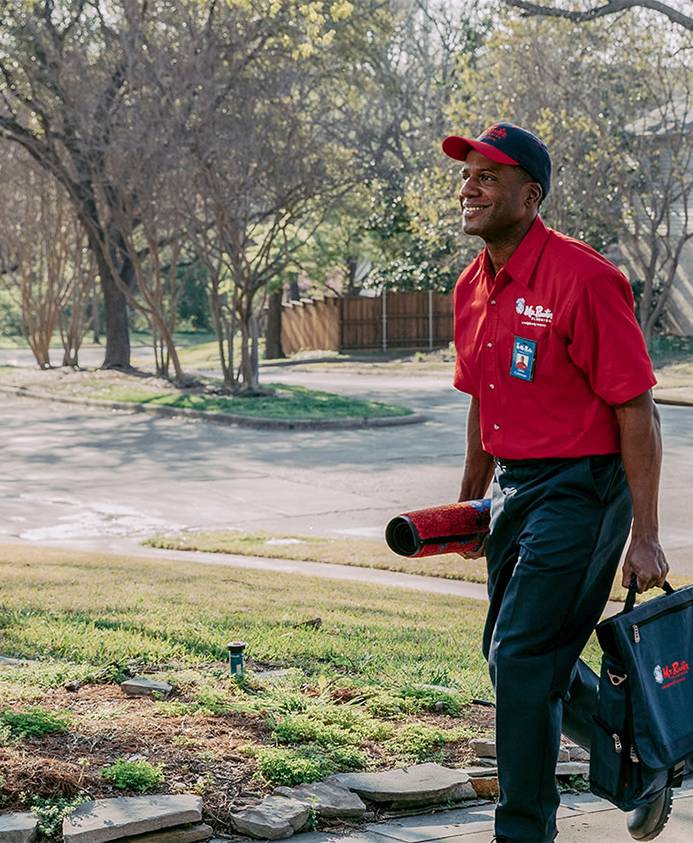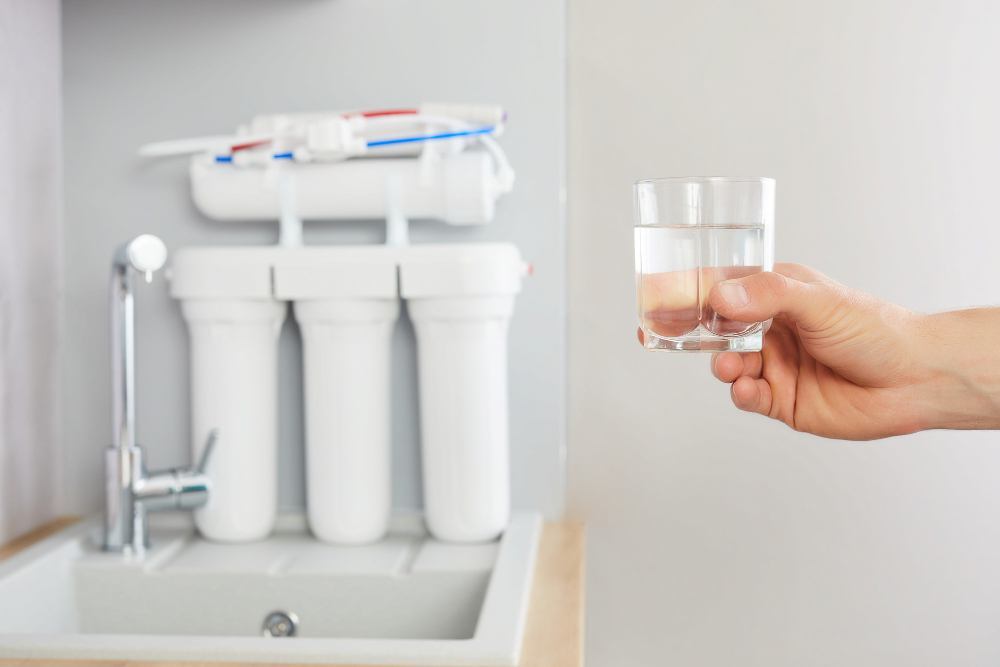Hard Water vs. Soft Water: The Major Differences
Water quality is a crucial aspect of our daily lives, influencing everything from the taste of our drinking water to the longevity of our appliances. The two common classifications of water are “hard” and “soft”. As a property owner, it is advisable to understand the differences between these two types of water to make informed decisions about water treatment and usage. If you are considering moving into a new building, schedule an inspection with a professional plumber to determine the type of water in your area. At Mr. Rooter Plumbing of South Jersey, we can provide pertinent information to help you maintain an efficient and durable system. Here are the differences between hard and soft water.
Composition and Minerals
Hard water contains higher levels of minerals, usually calcium and magnesium, which accumulate as it infiltrates through deposits of limestone and chalk. These minerals cause water to be hard. Soft water has low concentrations of minerals, resulting in a more neutral pH level. Plumbing service experts can recommend a water softener to eliminate excess minerals, making the water more suitable for consumption and other tasks.
Effects on Appliances and Plumbing
The minerals in hard water can build up limescale deposits in appliances such as water heaters, dishwashers, and coffee makers, reducing their efficiency and longevity. With soft water, you don’t have to worry about deposits compromising the lifespan of your fixtures and appliances. However, signs of scale buildup or inefficiencies show underlying issues, prompting the expertise of a plumbing repair service.
Laundry and Cleaning
Hard water can make it challenging to lather soap and detergent, forming soap scum on dishes, clothing, and surfaces. Clothes washed in hard water may appear dull and feel stiff. Soft water allows the soap to lather more easily, resulting in cleaner dishes, softer clothes, and less surface residue. While cleaning with hard water may not raise concerns initially, you risk spending more on soap and clothes in the long run. As mentioned, plumbing service experts can install a water softener to mitigate these concerns.
Skin and Hair Health
Hard water can leave a residue on the skin, causing dryness, irritation, and potentially exacerbating conditions like eczema. It can also make hair appear dull and difficult to manage. You can address these concerns by rinsing with soft water. Our plumbing service team can test the concentration of minerals in your water and recommend effective solutions to restore safety.
Taste and Drinking Water Quality
The mineral content in hard water can affect taste, which some find unpleasant. Depending on its source, hard water may contain higher contaminants, causing dental issues like discoloration. Even if you enjoy hard water and notice these changes in your teeth, consult a plumbing repair service to make the water ideal for drinking and cooking.
The differences between hard and soft water significantly affect daily life. Understanding these differences allows you to make informed water treatment and usage choices. Whether installing a water softening system or adjusting cleaning routines, Mr. Rooter Plumbing of South Jersey can help you address the challenges of hard water. Schedule a consultation with a professional plumber to improve the quality of life and implement sustainable water management strategies.










